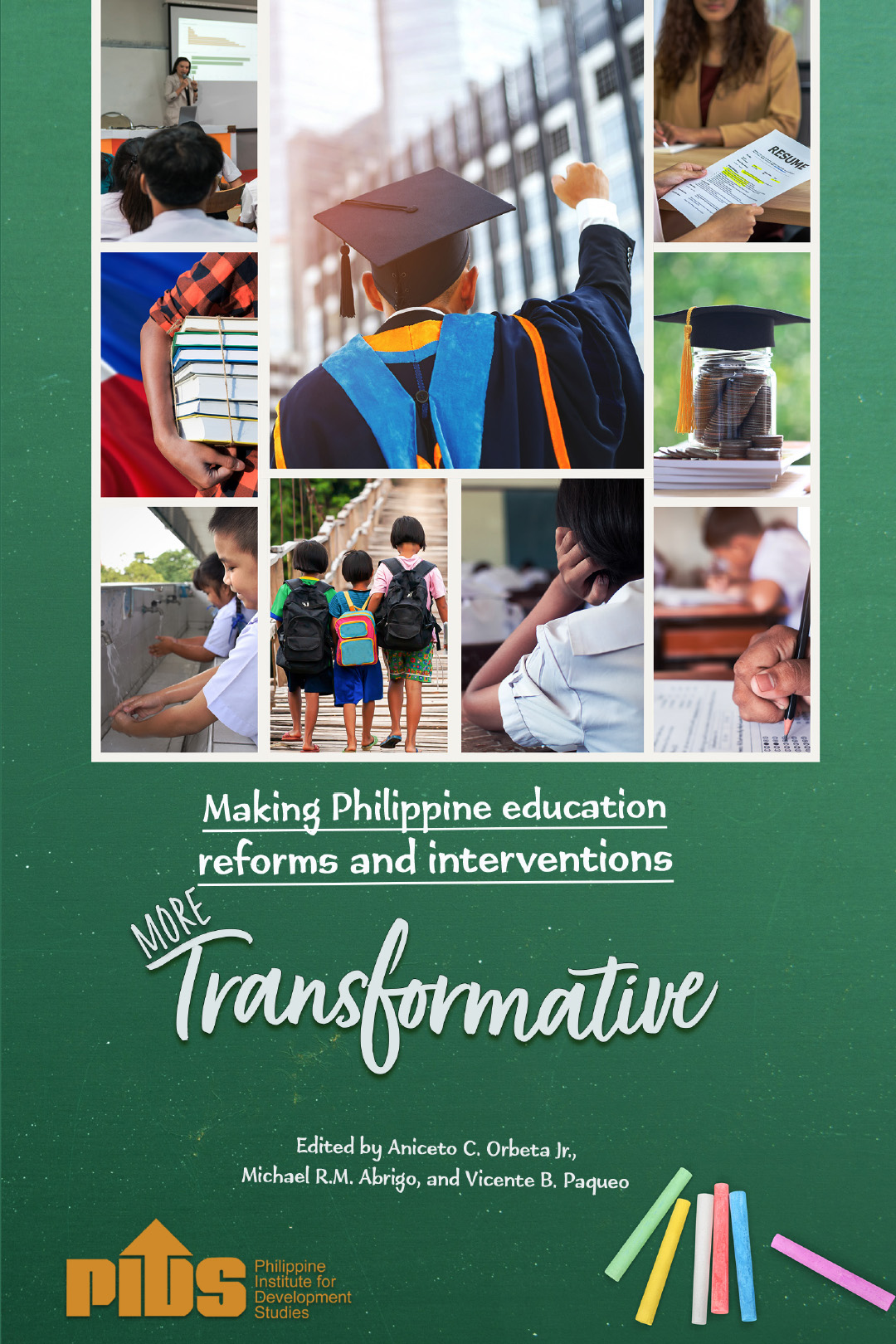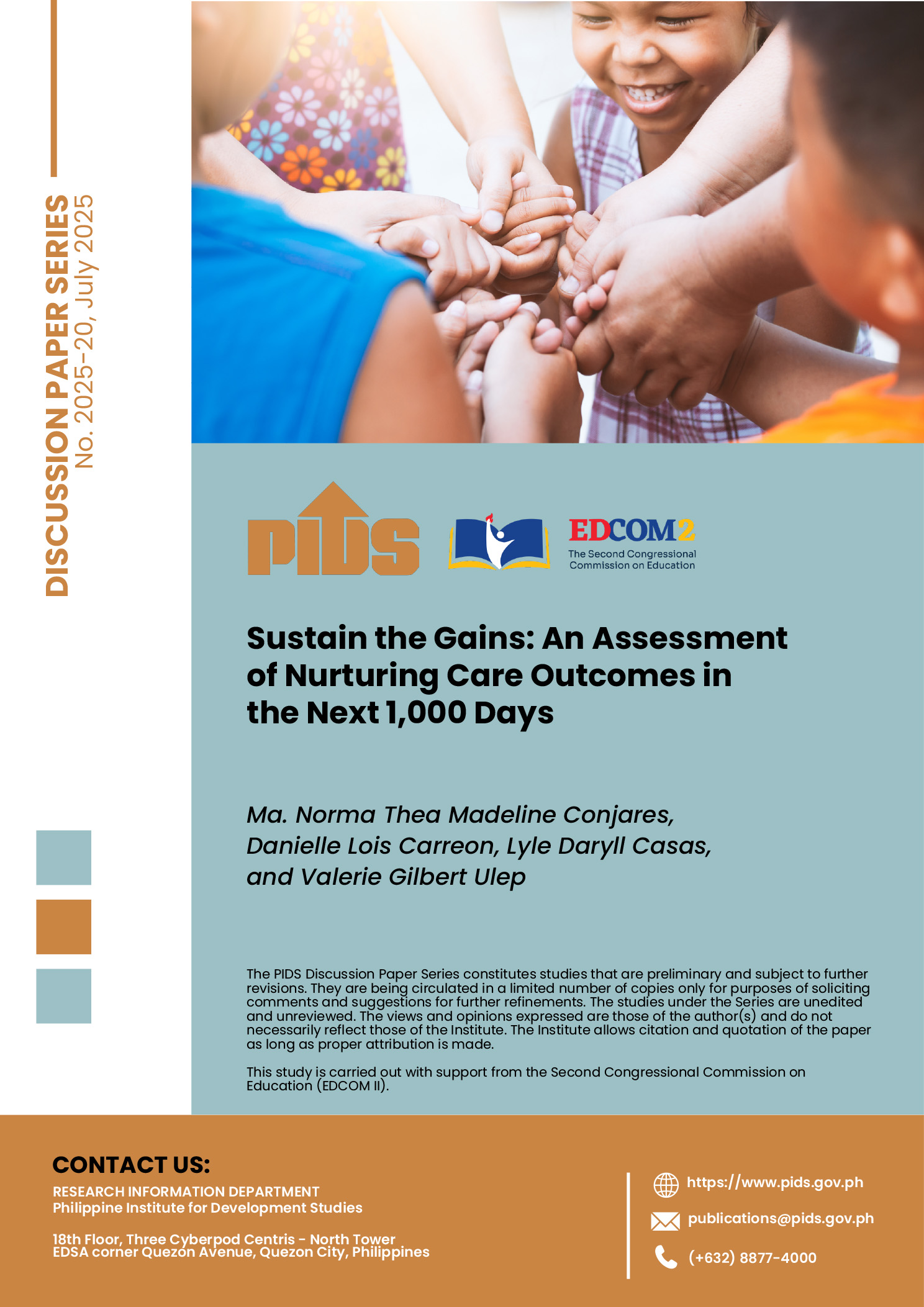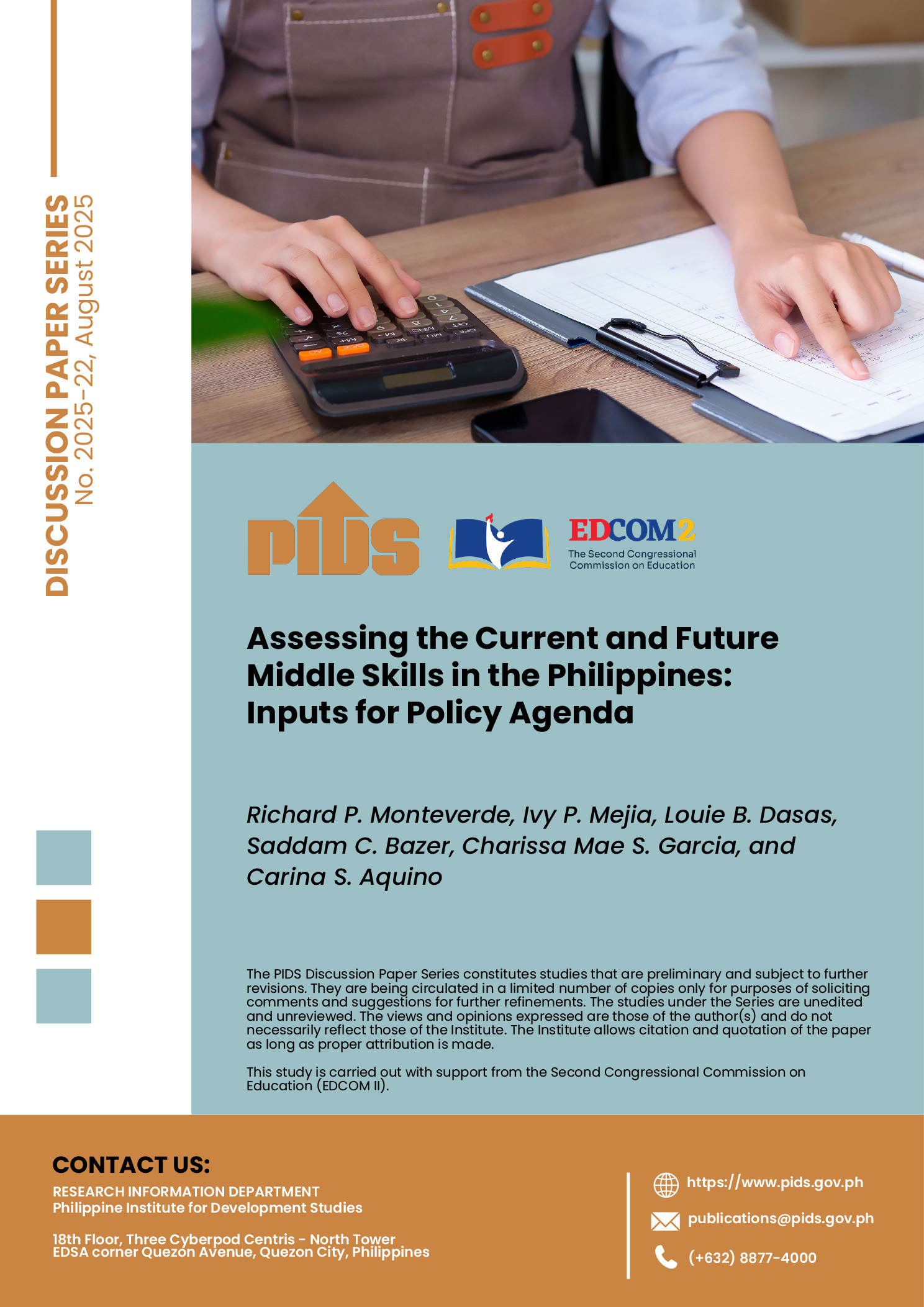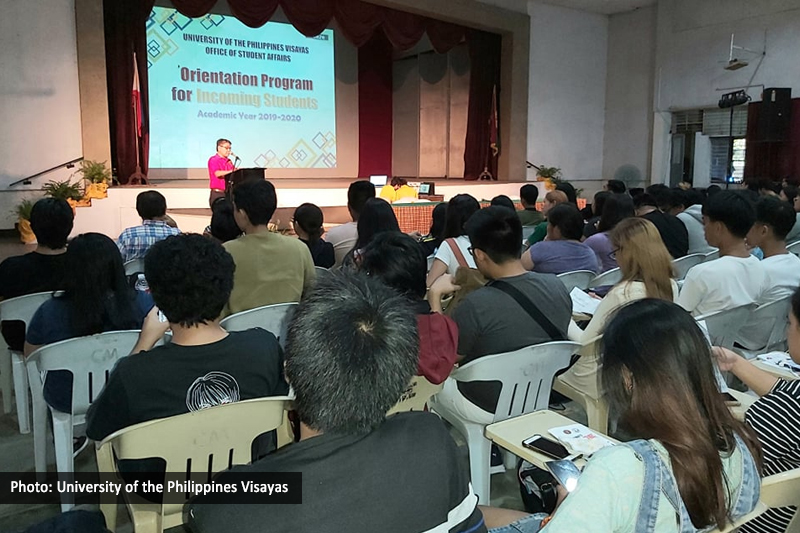President Duterte’s economic team has expressed support to proposals to fund the Unified Student Financial Assistance System for Tertiary Education (UniFAST) as an alternative to providing free tuition in all state universities and colleges (SUCs).
In a position paper signed by Socioeconomic Planning Secretary Ernesto M. Pernia, Finance Secretary Carlos G. Dominguez III and Budget Secretary Benjamin E. Diokno, the economic team backed the findings of a Philippine Institute for Development Studies (PIDS) study on free- tuition bills filed in Congress.
“The proposed free-tuition policy will benefit largely the nonpoor students who predominate in SUCs. In 2014 only 12 percent of the students attending SUCs belong to the bottom 20 percent of the family income classification based on the Annual Poverty Indicators Survey,” the economic managers said.
Established in 2014, through Republic Act 10687, the UniFAST is designed to unify and harmonize all modalities of publicly funded student financial assistance programs, such as scholarships, grants-in-aid and student loans, for tertiary education. The law provides full financing to deserving students, which generally favors the poor.
Top priority
Pernia said supporting UniFast will help the country accelerate its effort toward achieving Filipino’s aspirations in the next 25 years.
As indicated in the data obtained from the AmBisyon Natin 2040, college education is among the most important among Filipinos nationwide.
“We recognize college education is important for Filipinos, based on the results of the focus group discussions and survey on AmBisyon Natin 2040,” Pernia said. “Many employers also prefer college graduates. However, we need to carefully study our options for helping people achieve their aspirations for higher education, considering other needs,” he added.
Tuition does not comprise the biggest share of college-education cost. Based on the grant structure of the government’s Student Grants-In-Aid Program for Poverty Alleviation (SGP-PA), tuition constitutes merely one-third (P20,000) of the annual cost of P60,000 per student covered by the grant. The bigger chunk of college education cost is for living expenses (at P35,000 for 10 months) and instructional materials (P5,000).
Possible exodus
The economic managers pointed out possible adverse implications of an across-the-board free-tuition policy, including the exodus of students to SUCs from private higher-educational institutions (HEIs), which would eventually affect the overall quality of graduates given that a number of private HEIs perform better than SUCs.
“The government should implement its mandate of promoting quality and accessible education within the limits of fiscal prudence, and with the use of appropriate tools and targeting mechanism. The UniFAST is better designed to ensure a more efficient and effective use of government funds,” the economic managers said.
On Wednesday PIDS senior research fellows Aniceto C. Orbeta Jr. and Vicente B. Paqueo said payment of tuition of students in SUCs will benefit mostly rich students.
Orbeta and Paqueo said the bulk of students studying in public HEIs are mostly from higher-income groups.
Data from the Philippine Statistics Authority showed students from the poorest and second-poorest income households only account for 11 percent in 1999 and 12 percent in 2014 of enrollees in HEIs.//
In a position paper signed by Socioeconomic Planning Secretary Ernesto M. Pernia, Finance Secretary Carlos G. Dominguez III and Budget Secretary Benjamin E. Diokno, the economic team backed the findings of a Philippine Institute for Development Studies (PIDS) study on free- tuition bills filed in Congress.
“The proposed free-tuition policy will benefit largely the nonpoor students who predominate in SUCs. In 2014 only 12 percent of the students attending SUCs belong to the bottom 20 percent of the family income classification based on the Annual Poverty Indicators Survey,” the economic managers said.
Established in 2014, through Republic Act 10687, the UniFAST is designed to unify and harmonize all modalities of publicly funded student financial assistance programs, such as scholarships, grants-in-aid and student loans, for tertiary education. The law provides full financing to deserving students, which generally favors the poor.
Top priority
Pernia said supporting UniFast will help the country accelerate its effort toward achieving Filipino’s aspirations in the next 25 years.
As indicated in the data obtained from the AmBisyon Natin 2040, college education is among the most important among Filipinos nationwide.
“We recognize college education is important for Filipinos, based on the results of the focus group discussions and survey on AmBisyon Natin 2040,” Pernia said. “Many employers also prefer college graduates. However, we need to carefully study our options for helping people achieve their aspirations for higher education, considering other needs,” he added.
Tuition does not comprise the biggest share of college-education cost. Based on the grant structure of the government’s Student Grants-In-Aid Program for Poverty Alleviation (SGP-PA), tuition constitutes merely one-third (P20,000) of the annual cost of P60,000 per student covered by the grant. The bigger chunk of college education cost is for living expenses (at P35,000 for 10 months) and instructional materials (P5,000).
Possible exodus
The economic managers pointed out possible adverse implications of an across-the-board free-tuition policy, including the exodus of students to SUCs from private higher-educational institutions (HEIs), which would eventually affect the overall quality of graduates given that a number of private HEIs perform better than SUCs.
“The government should implement its mandate of promoting quality and accessible education within the limits of fiscal prudence, and with the use of appropriate tools and targeting mechanism. The UniFAST is better designed to ensure a more efficient and effective use of government funds,” the economic managers said.
On Wednesday PIDS senior research fellows Aniceto C. Orbeta Jr. and Vicente B. Paqueo said payment of tuition of students in SUCs will benefit mostly rich students.
Orbeta and Paqueo said the bulk of students studying in public HEIs are mostly from higher-income groups.
Data from the Philippine Statistics Authority showed students from the poorest and second-poorest income households only account for 11 percent in 1999 and 12 percent in 2014 of enrollees in HEIs.//












